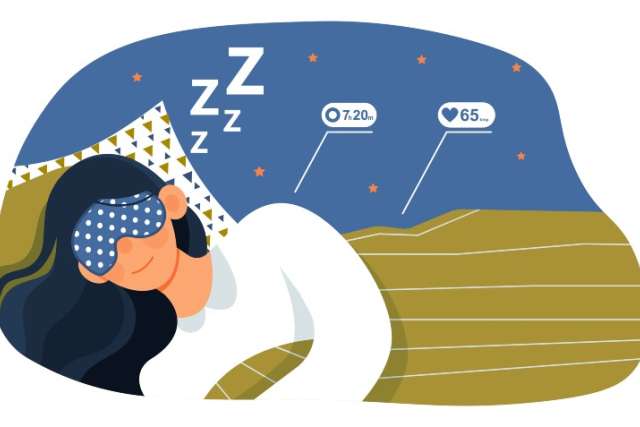Sleep is essential for good health, repairing muscles and bolstering brain function, but up to one-half or more of Americans have problems getting the rest they need.
For many of those people, certain behaviors contribute to their lack of quality sleep, said Ravi Aysola, MD, chief of sleep medicine in UCLA’s Division of Pulmonary, Critical Care and Sleep Medicine and director of the UCLA Sleep Center.
“There are barriers to sleep that often are created by behaviors like being on the computer before bedtime, scrolling on your phone while lying in bed or keeping lights on while trying to fall asleep,” Dr. Aysola said. “These types of behaviors are counterproductive and can inhibit sleep.”
Such behaviors may, at times, be stress related, but there are other influences that also can contribute to poor sleep, Dr. Aysola said. These can include lifestyle factors such as lack of exercise or sleep disorders like insomnia.
“We’re not going to cure insomnia,” which often is related to stress or anxiety, Dr. Aysola said. “So our goal should be to develop a durable sleep routine so that when insomnia does happen, it doesn’t become a regular thing and we’re able to recover from it.”
Understanding sleep
There are four pillars of sleep that people need to consider when they are getting ready for bed, said Deviny Mo, general manager of UCLA Health Sports Performance, Powered by Exos. They are:
- Depth: “Am I able to get into the deepest sleep stages of REM (Rapid Eye Movement) and non-REM sleep?”
- Duration: “Am I getting between seven-to-nine hours of sleep?”
- Continuity: “Am I sleeping through the night without interruptions?”
- Consistency: “Am I able to achieve the first three pillars on a regular basis?”
While sleep disorders do prevent millions from getting proper sleep, Mo said that “sleep is a skill,” and many of us have to take responsibility to improve that skill by changing habits that work against getting a good night’s rest.
“There are actionable things we can do to improve our four pillars of sleep,” like turning off the phone and television an hour or two before bedtime and blocking out light and noise, Mo said.
Activities during the day and evening can also influence how well we sleep. “Leverage that by waking up and getting outside for 10 minutes to trigger a healthy response to cortisol,” a stress-related hormone that is influenced by sunlight and helps us stay awake during the day. “In the evening, as the sun goes down, get outside again to reinforce the release of melatonin,” a sleep-inducing hormone that is secreted in response to darkness.
Sleep empowers our brains too
In addition to allowing our bodies to recover from a day of activity, another important function of sleep is memory consolidation. During sleep, our brains go through a process called memory reactivation during which newly acquired information is processed from short-term to long-term memory.
Sleep also plays a vital role in learning and problem-solving. When we sleep, our brains continue to process information gathered throughout the day, making connections and strengthening neural pathways.
“A high-functioning brain needs time to restore, recover, process and organize,” said Dr. Aysola. “Sleep is necessary for physical and psychological recovery."




